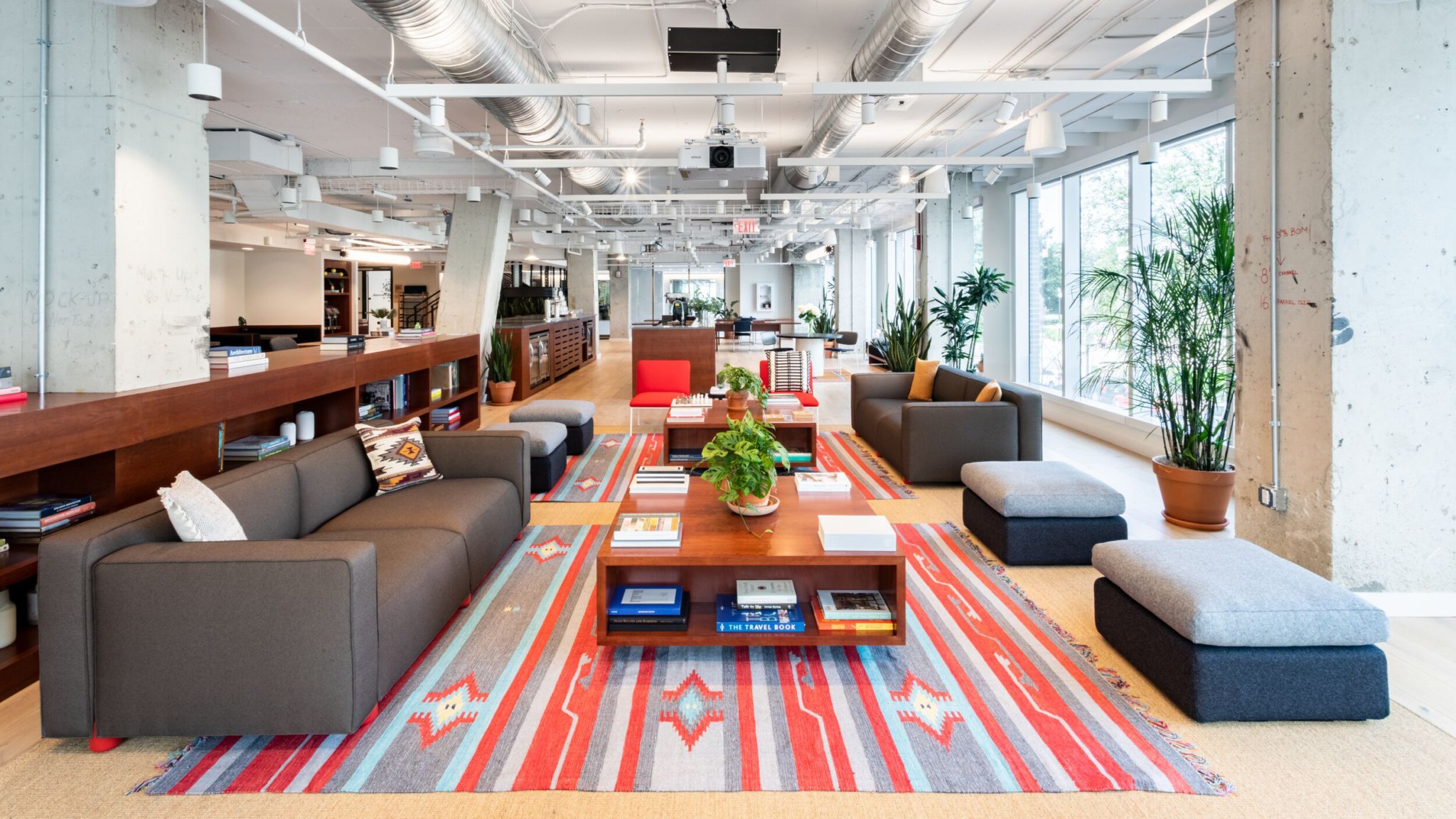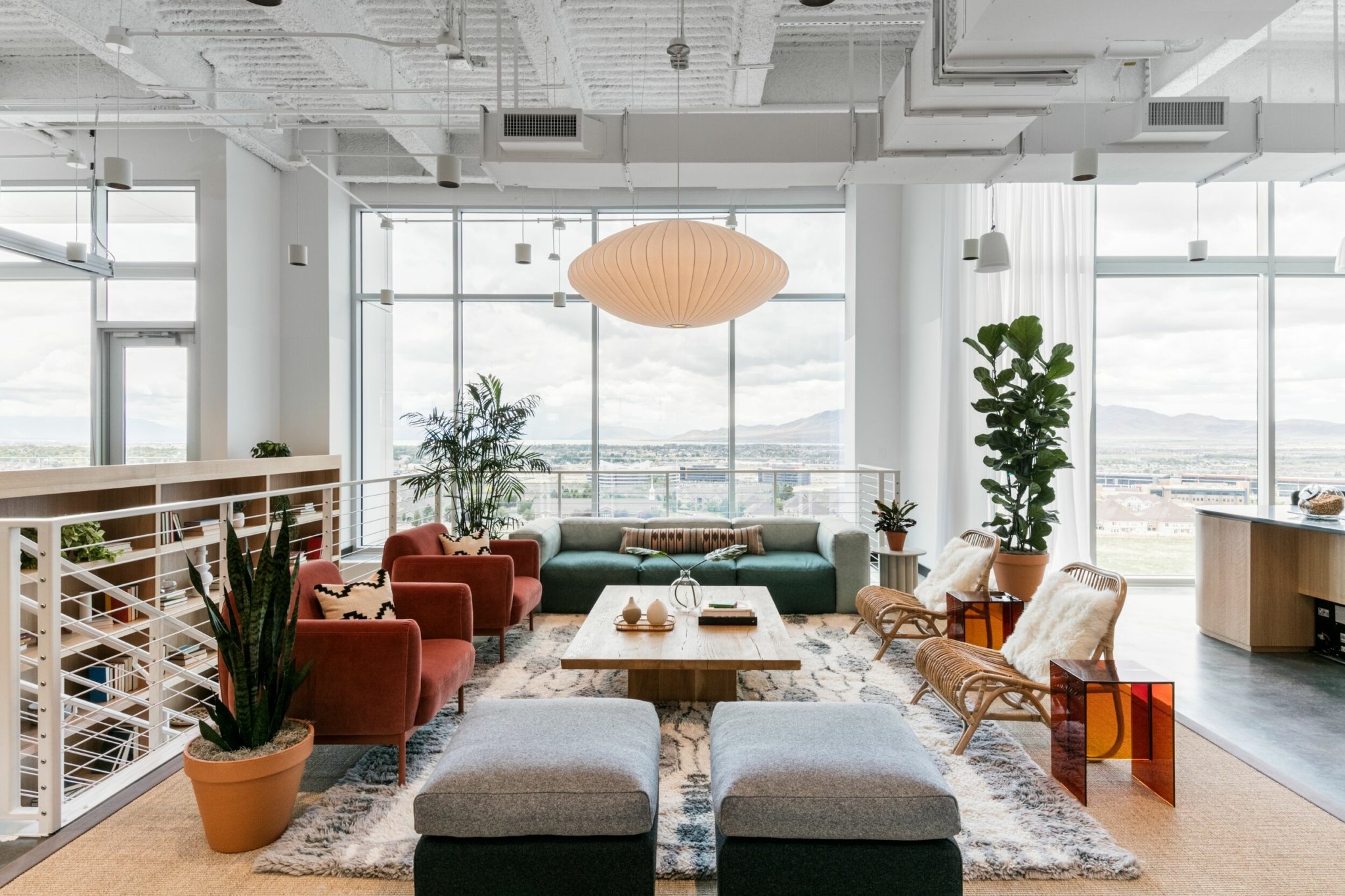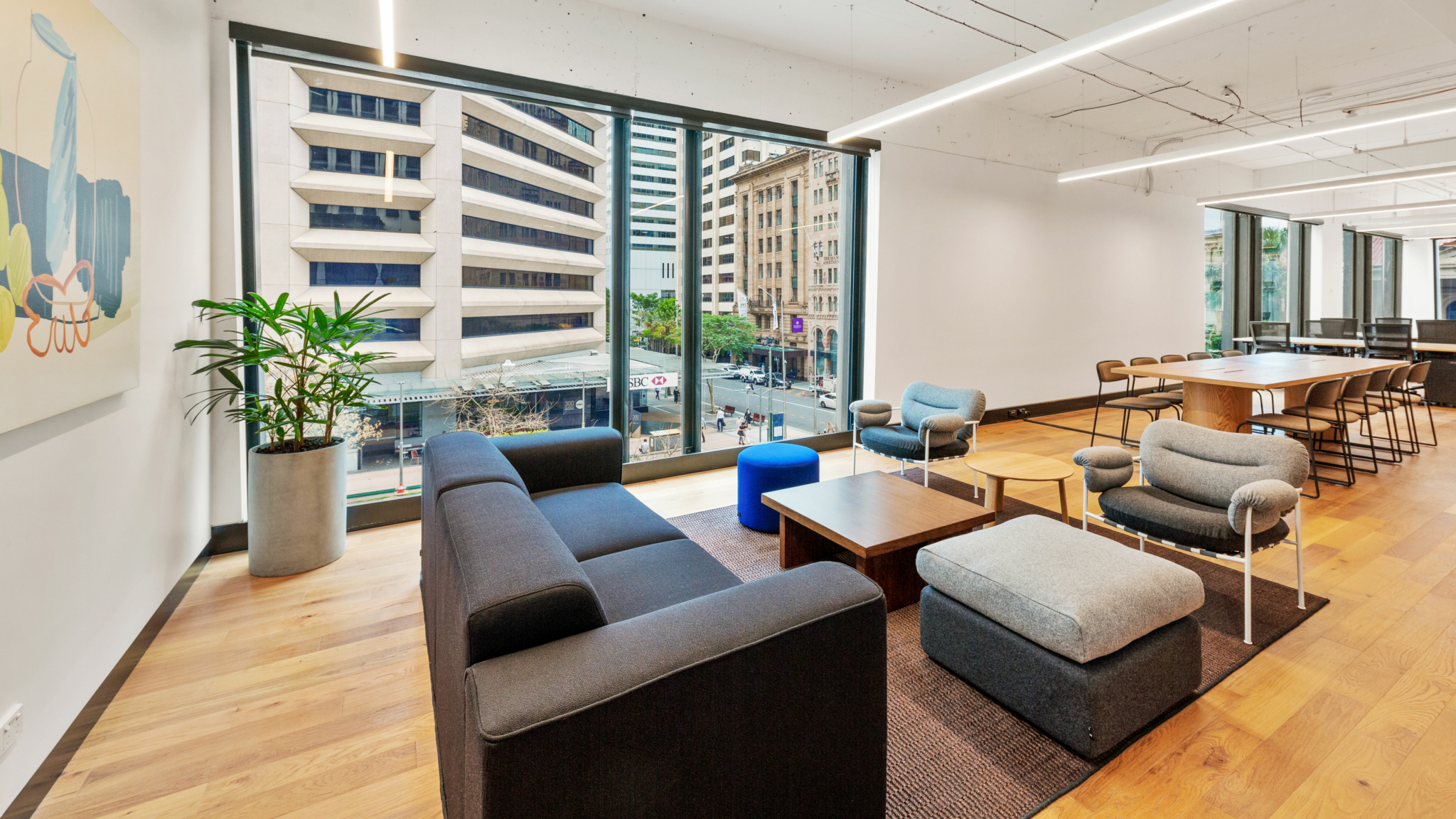As employees return to the office, the hybrid work model is becoming the new normal. With employees working in and out of the office, companies are reconsidering what it means to maintain secure premises.
“The goal is to maintain safe and secure spaces with minimal disruption to the flexibility and collaborative nature of our locations,” says Michael Fowler, senior manager for security policy and planning on WeWork’s global security and resilience (GSR) team.
At WeWork, GSR consists of regional security teams that provide direct security support to employees, members, and guests in every WeWork location. It also consists of a global security operations center (GSOC) that provides 24/7 global security support to members and employees. The people that make up GSR come from an array of public and private organizations including law enforcement agencies, the intelligence community, and corporate security teams of Fortune 500 companies.
Fowler joined GSR after several years with the U.S. Department of State as a policy analyst and operations planner, and after serving in the U.S. Marine Corps, where he continues to serve as a reservist. We spoke with him about security and how the team has adapted to the new normal of hybrid work post-pandemic.
WeWork: What did you learn about security at the onset of the pandemic?
Fowler: I think it all comes down to risk management. The pandemic tested just about every component of enterprise risk management, and we had to have a global focus in our mitigation, response, and recovery planning. Interwoven throughout all of this was the need to monitor and ensure compliance with a variety of federal, state, and local regulations pertaining to COVID-19. So it really had to be a collaborative effort since December 2019. We had to make sure we had protocols in place to mitigate not only risk of exposure, but to manage incidents when we have a confirmed case in our space and to ensure it is done in accordance with local regulations.

Remote work and decentralized operations can sometimes lead organizations to centralize planning and decision making. However, these responses can come at the cost of speed and agility in our operations and negatively impact employee and member experience. WeWork adapted our approach quickly at a local level relative to the stage of the pandemic and government restrictions at that time. This was a testament to strong leadership and planning at all levels of the organization.
Given this accelerated shift to hybrid work with some employees in the office and some at home, are there new security challenges that have come up? How are you addressing them?
Our job is to make sure that both our people and our systems are able to create a positive member experience. So this means that if there’s another pandemic, or we have a resurgence of COVID-19 leading to lockdowns again, we have the flexibility within our own plans and operations to account for those contingencies.
We want to make sure we promote a secure and safe environment by mitigating, detecting, and responding to disruptive events. Regardless of the incident, it comes down to fostering resilience through effective security programs, reinforced through training, education, and resources not only for our employees but our members as well. We want to make sure they have a positive security experience without it being intrusive to the collaborative quality of our spaces. So whether it’s employees, members, vendors, guests, visitors, or anyone that’s in our space, they should have that peace of mind that they can get their work done when they come into WeWork.
Can you tell me more about how you implement this vision? What are some examples of how this works?
We have an emergency call center, which provides 24/7 support if a member has an incident or an issue they need to escalate and can’t get ahold of anyone else.
Another solution we have is video surveillance cameras in our spaces, which are installed with a certain standard while also respecting the privacy of our members and our employees. That really helps us with deterrence and incident investigation.
We do a lot in supporting events in our spaces as those continue to reopen, including assignment of guards and guard management at some of our locations. So at certain WeWork locations we do have security guards in place on a daily basis. And then we may have them for a limited duration of time when we have events in our spaces as well.
Are there aspects of security in general that you think people don’t realize?
Security is more than just keycards and guards. There is a lot that goes on in the background to make sure that when a crisis or incident does happen, our time from mitigation to response to recovery and to going back to business is as limited as possible. There is a lot of planning, training, education, and rehearsals.

GSR’s programs, capabilities, and services are founded upon sound risk management principles that enable the team to remain agile and responsive to a variety of threats. Our regional security operations teams are the frontline security support and response for our communities. These teams provide a variety of services ranging from crisis management and investigations to performing physical security vulnerability assessments. They are truly GSR’s main effort in ensuring a positive member and employee experience.
Could you share an example of one security challenge that took WeWork by surprise, and how the company was able to address it?
In February 2021, Texas was hit by a strong winter storm that disrupted essential services in the area. Without warning, dozens of WeWork employees were without power, heat, food and, in some cases, water. GSR worked quickly to arrange safe transportation, housing, food, and water for impacted WeWork employees in Houston and Austin, supported the Texas crisis management team who was dealing with the aftermath of the storm themselves, and worked to arrange secondary evacuation out of Texas when needed.
Are there particular security considerations that apply to small- and medium-sized businesses, as opposed to enterprises?
Small- and medium-sized businesses (SMBs), especially startups, may not have the same access to security resources that enterprise companies have. SMBs are trying to build out their business, while at the same time keeping risk and costs to an acceptable level.
At WeWork, our security features are built into all memberships. All members benefit from things such as our access control systems, the emergency call center, and our emergency action plans for each location available on the member app. A lot of times we talk about the square footage of our spaces, but a common denominator to all that is the security and the safety aspect. We have emergency action plans for all of our locations. We want members to have peace of mind so they can do their best work.
Leeron Hoory is a writer based in New York City with experience covering real estate, politics, and technology. Her work has appeared in Quartz, the Village Voice, Gothamist, Slate, and Salon, among others.
Rethinking your workspace?










